i have a basic question, Like C says a char object will be 1 byte so in case of an unsigned char the range is from 0 to 255
But in case of a char pointer how 1 byte variable can store more than 255 ??
like in the below program as illustration i find the a character pointer p store a value of 2358855 > 255 ??
(where i know the value 2358855 is the address, but how can a 1 byte object store more than 255 )??
